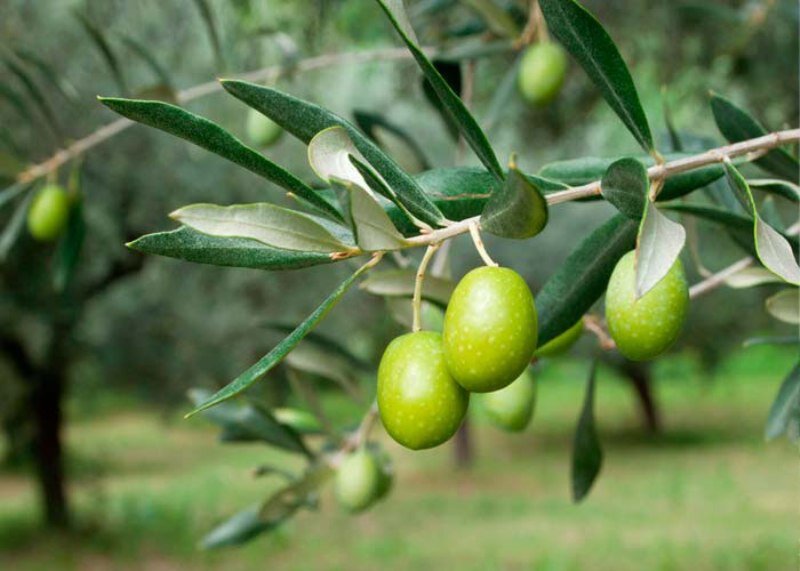‘Annual olive production expected to rise to 120,000 tons by March 2020’

TEHRAN- Annual production of olive in Iran is expected to rise by more than a third to reach 120,000 tons in the current Iranian calendar year (ends on March 19, 2020), an official from Iran’s ministry of agriculture said on Sunday.
Rahmatollah Parichehr said that Iran was seeking to further optimize methods used in olive production by offering technical assistance to farmers across the country, Press TV reported.
The official said the effort is part of a scheme titled the National Plan for Development of Olive Cultivation and Processing which seeks to increase olive oil production in Iran to a level where the country would have no further needs for import.
Parichehr said that the scheme has managed to increase the lands used for planting olive trees across Iran to 92,000 hectares in 26 out of 31 provinces.
He said a total of 42 olive oil plants are currently active in Iran with a production capacity of more than 91,000 tons, adding, however, that the country is currently importing around a third of its olive oil.
Parichehr said the successful implementation of the government scheme on olive has encouraged more farmers to plant olive trees in their lands during the past years.
The official said the agriculture ministry has identified some 600,000 hectares of farming lands across Iran which have the potential to be turned into olive farms in future, adding that some 15,000 hectares of such lands would be cultivated by 2021.
In mid-June, Iranian Agriculture Minister Mahmoud Hojjati said the country is expected to experience a significant increase in agricultural production due to sufficient rainfalls this year (March 2019-March 2020).
Mentioning the heavy rainfalls across the country, the official noted that this year “we are having a great water year.”
“Although in some regions like Khuzestan Province [in southwestern Iran] flood caused some concerns but the situation is now completely ideal for summer cultivation” Hojjati noted.
He further stated that, for the fourth year in a row, Iran’s wheat harvest is enough to make it self-sufficient in the strategic crop.
According to the official, sufficient rainfalls across the country is going to offset the losses of crops due to unprecedented flooding in some provinces in March.
